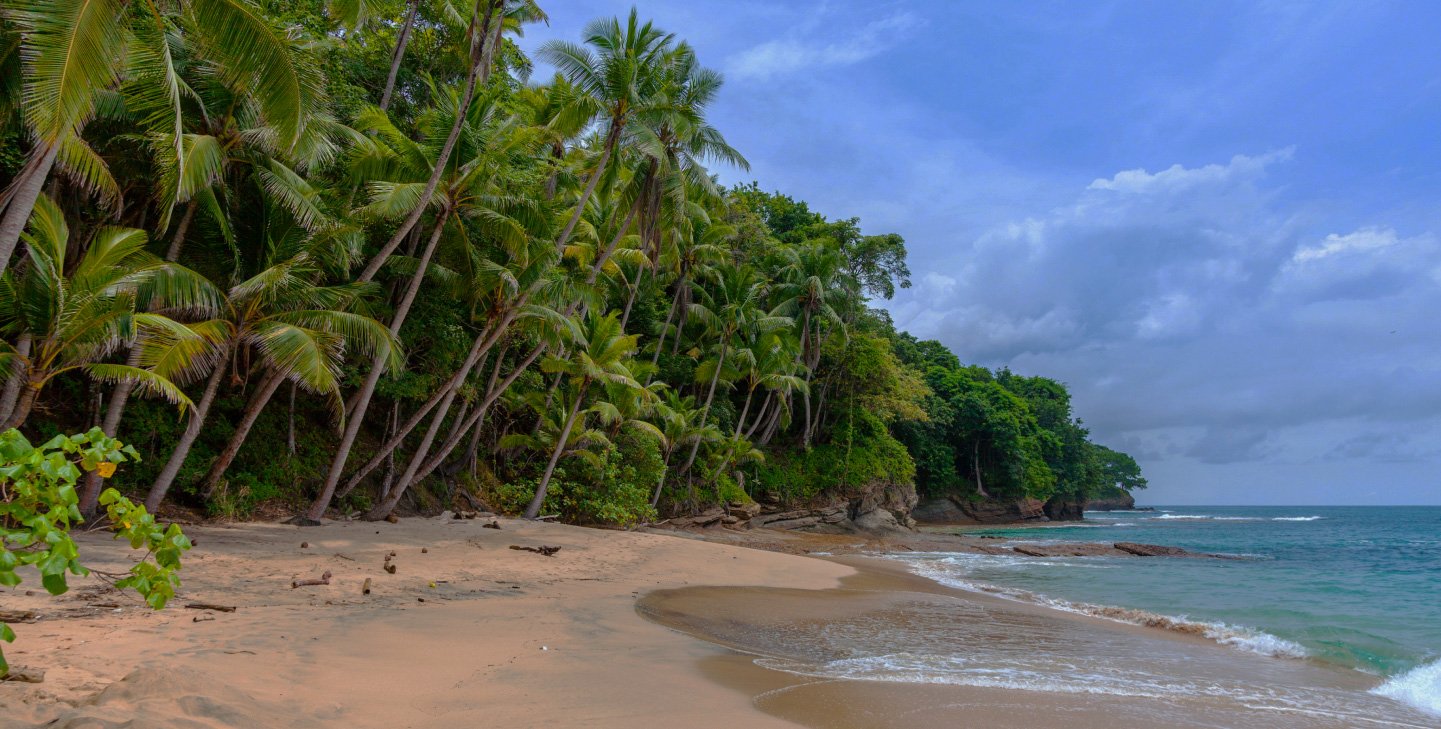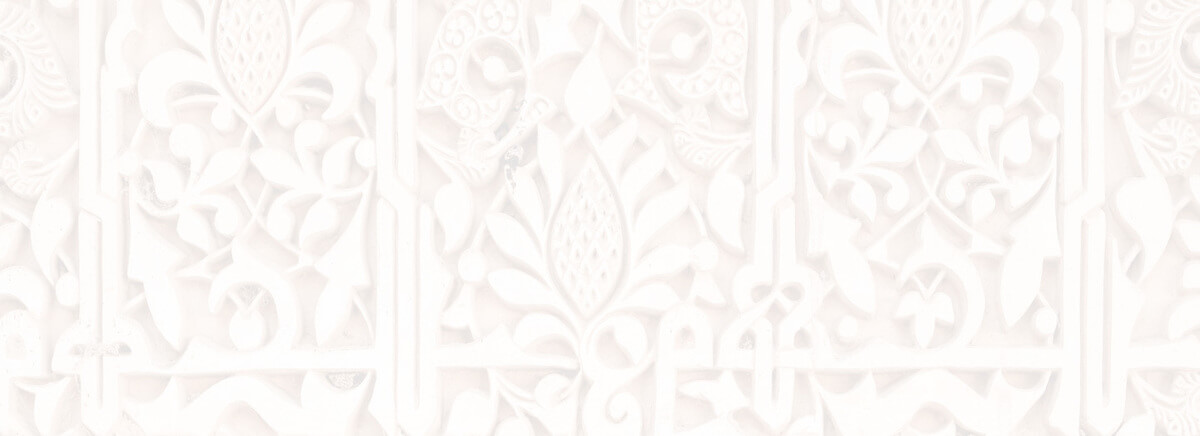

Volunteer in Madagascar
Find community on the world’s rarest island.
Teach, learn and live on the 8th continent – Madagascar. Known for its remote location, spice trade, beautiful beaches, and friendly people, volunteers who join us in Madagascar can expect to have an immersive cultural and adventure experience unlike any other.
Madagascar is an island country in the Indian Ocean, approximately 450 kilometres off the coast of East Africa across the Mozambique Channel. The main Malagasy island is the world’s fourth largest island – stretching more than 1,600 kilometres from the northern to southern tip – and is surrounded by peripheral islands. Madagascar has been geographically isolated for 88 million years, which is one of the key contributing factors to its amazing biodiversity, when it split from the Indian subcontinent and began to drift freely.
As a volunteer in Madagascar, you’ll be based at our community hub on the unique island of Nosy Be – pronounced NOSSY-BAY. If you love adventure, nature, travel and want to explore a habitat found nowhere else on earth, Madagascar is exactly where you want to be. Home to several species found nowhere else – including the famous lemur – and known for its beautiful beaches and friendly people, volunteers here will experience a cultural and adventurous journey like no other.
Our community development volunteer programs in Madagascar are focused on:
Filter programs
Contribute to ethical community development projects led by locals.
The best of both worlds – immersive local experiences and meaningful community work.
Use your unique skills and expertise to support community development projects.
The adventure of a lifetime while making an impact with a group of like-minded teens.
Generate solutions to help solve community challenges through research projects.
Turn your passion into your profession with a three-month placement at an NGO.





Make the most of our unique programs with these exclusively curated local adventure and wellness experiences.






Our community hub on Nosy Be
Nosy Be is a volcanic island off Madagascar’s northwestern coast and is known as “the perfumed island” because of the prevalence of the ylang-ylang tree and its fragrant flowers. Although the volcano has not erupted in recorded history, it is not considered extinct. The island has an estimated population of around 115,000 people, with the Sakalava people making up the majority of Malagasy residents and Sakalva Malagasy being the main dialect spoken on the island.
As a volunteer in Madagascar, you’ll spend the majority of your time at our community hub right next to Lokobe National Park. Containing both marine and terrestrial areas, it’s home to an amazing diversity of species across a huge range of ecosystems. Many local communities and villages surround the park, and some of them have joined together to form their own locally managed area, with the aim of preserving some of the last remaining primary rainforests in the country. The park’s most common sighting is the black lemur, and it is very common to be hiking through the park and see a dozen or so lemurs passing through or relaxing in the trees above. You and your fellow volunteers in Madagascar can expect to see several rare species during your time on base, including:
- Black lemurs
- Hawks’ sportive lemurs
- Common bottlenose dolphins
- Panther chameleons
- Giant day geckos
Island adventures in Madagascar
When you’re not volunteering on community development projects or on base, the island offers a wide variety of adventures:
- Eat and drink: Nosy Be’s capital, Hell-Ville, is full of many bars, restaurants, hotels and markets where volunteers can enjoy a drink and a meal.
- Cook: Learn to cook in Marodoka village, where members of the local women’s group host cooking classes focused on traditional – and delicious – Malagasy dishes.
- Snorkel and swim: Hop over the neighbouring island of Nosy Tanikely and spend the day diving in the coral wonderlands of Madagascar’s marine protected area.
We offer a range of opportunities for anyone looking to get involved in community development initiatives in Madagascar – including volunteering, internships and a research fellowship.
Volunteer programs in Madagascar
As the number of English speaking tourists in Madagascar rises, the ability to speak English is becoming more and more valuable. On our volunteer teaching program you’ll support English initiatives. In the mornings, you’ll work with local teachers to enhance English education for students aged six to eleven. In the afternoons, you’ll assist in teaching older students up to the age of fifty in improving their English skills to benefit conservation efforts and the ecotourism industry.
You could also contribute to promoting gender equality on the island. Collaborating with local organisations and schools, you’ll organise educational workshops for women and girls. These sessions will cover various subjects including self-confidence, sustainability, health, wellness and English literacy.
Internships in Madagascar
Launch your English teaching career in Madagascar with a teaching internship. Teach both primary school and adult learners, experiencing diverse educational challenges. You’ll assist local teachers with lesson plans, and support students with conversational English classes. Gain valuable teaching skills through varied experiences like group classes and one-on-one tutoring.
On our gender equality internship, you’ll collaborate with a network of women dedicated to advancing gender parity. Contribute to initiatives enhancing women’s access to vocational skills, economic resources, and mentorship. Learn from sustainable development experts with a deep understanding of the local context. Engage in project management, capacity building, and more.
Research fellowship in Madagascar
Ready for a rewarding teaching research fellowship on Nosy Be? Under expert guidance, you’ll conduct practical research and data collection. Teaming up with local partners, the data can be used for an individual project or ongoing GVI projects. Along with exploring engaging topics like teaching English and innovative methods, you’ll gain skills in research, leadership and cross-cultural communication. Boost your CV with online courses on leadership, sustainable careers and community development. It’s a journey that’s about more than just research – it’s personal and professional growth.
Who can volunteer in Madagascar?
Anyone can!
Whether you’re thinking of taking a gap year abroad, or want to contribute to community work while studying, looking for a career-making summer internship, or simply keen to take a career break and give back, our community development volunteer programs in Madagascar are right for you!
For more information, enquire or apply!
Who qualifies as a volunteer in Madagascar?
Our Madagascar community development volunteer programs require that you be 18 years or older, but we do offer teen volunteer programs for 15 – 17 year olds in other amazing locations around the world!
Is it safe?
Extremely safe. We take every precaution to make sure our participants can live and work safely, no matter where they are in the world. We have trained support staff on hand 24 hours a day to ensure that all participants across all our programs are well taken care of.
Read more about our health and safety protocols.
You can speak directly to one of our enrolment officers or alumni, who can answer any and all questions you might have about life in Madagascar.
Is volunteering in Madagascar ethical?
Across all our work, our actions are guided by local organisations with roots in the community – team members who are on the ground and monitor and maintain ethical standards and practises, in an ongoing effort to ensure our work remains inclusive and equitable.
- All GVI programs and staff are governed by our ten ethical principles and five human empowerment principles and our actions against oppression. Our badge of ethics reflects our pledge to continuously reflect on and improve our policies and practices.
- All our staff and participants are required to complete a police background check before arrival on the program, and on-site child protection training is provided once they arrive in the host country. We also protect children from cyber and real-world threats by ensuring that our marketing follows child protection best practices.
- You can read about the work we’ve done with the help of volunteers like you in our Impact and Ethics Report.
- GVI is a British Standards 8848 compliant provider.
Who will I work with?
You will work alongside GVI volunteers of all ages, from all over the world. This is an opportunity to meet people from a range of backgrounds. Our international team of GVI staff will be at every location to guide volunteers throughout their time on our programs. On community-based projects, volunteers work closely with local community members.
I want to volunteer in Madagascar! What are the next steps?





Make the most of our unique programs with these exclusively curated local adventure and wellness experiences.







